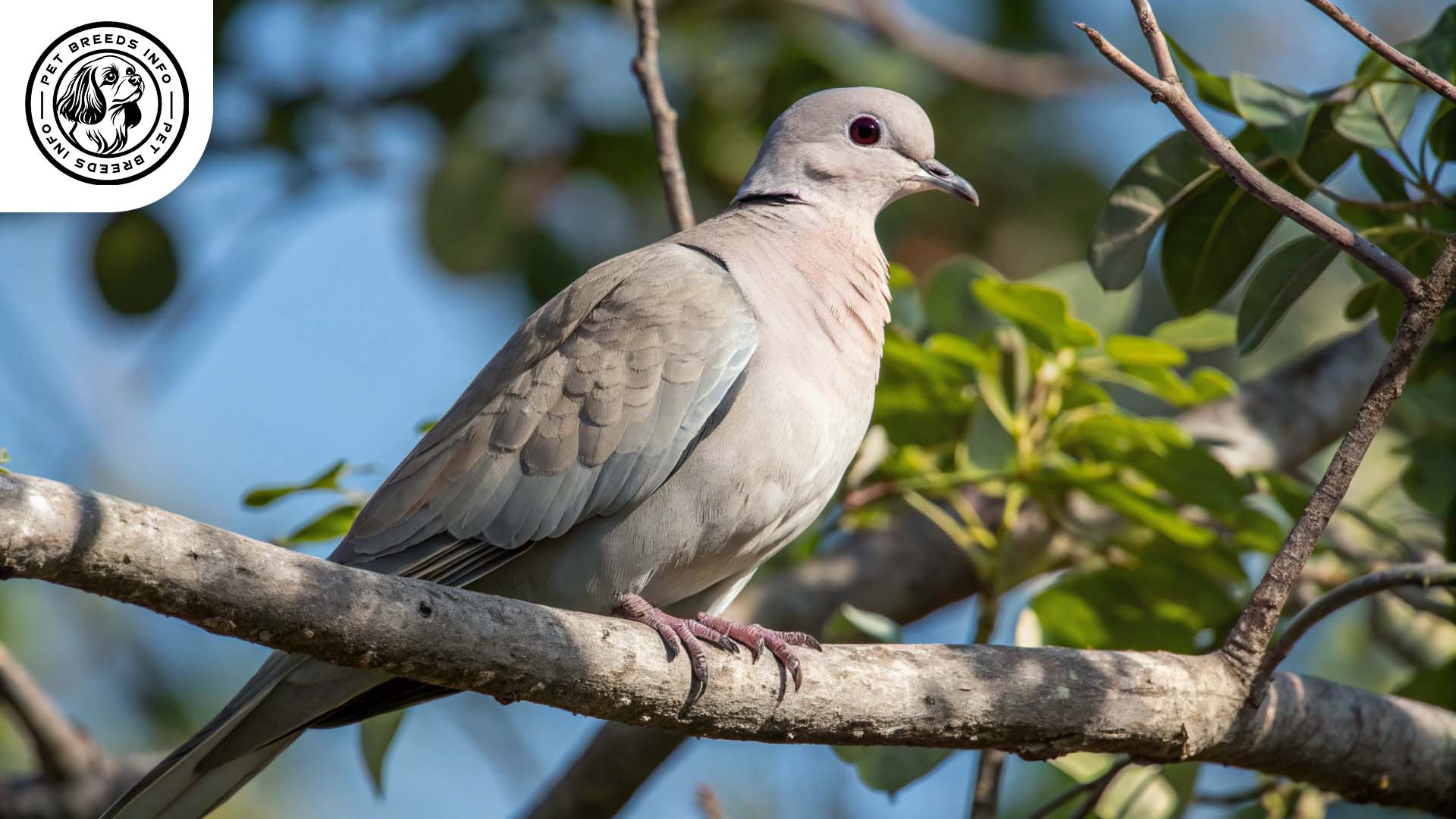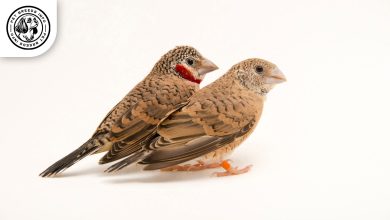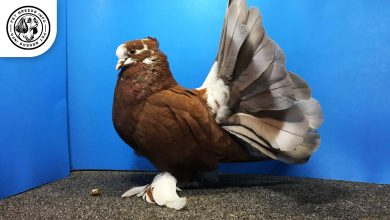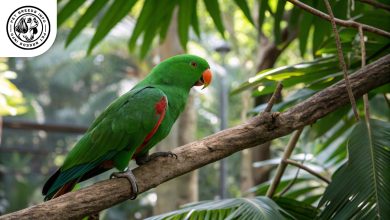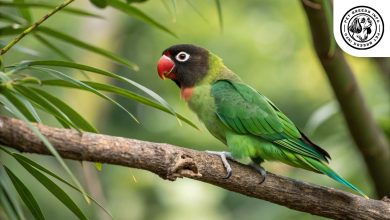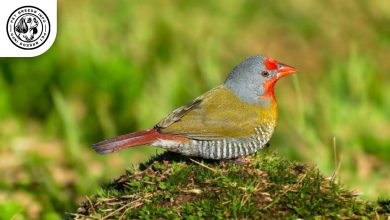African Dove Bird: Personality, Lifespan, Food & Care
General Introduction of the Breed
The African Dove, also known as the Ring-necked Dove (Streptopelia capicola), is a species of dove native to Africa. It is commonly found in various regions of sub-Saharan Africa, including South Africa, Namibia, and Botswana. This bird has been admired for centuries for its soothing cooing sound and gentle temperament.
Historically, the African Dove has been associated with peace and love, often appearing in folklore and cultural symbolism. It has adapted well to both wild and urban environments, making it a favorite among bird enthusiasts.
Table of Contents
| Weight | 120–180 g |
| Lifespan | 10–15 years |
| Diet | Seeds, grains, fruits, greens |
| Care | Spacious cage, clean water, mild climate, hygiene |
| Health | Susceptible to mites, pox, infections |
| Color | Pale gray, beige, light brown, black collar |
| Nature | Calm, social, gentle, sensitive |
| Price | $20–$100 |
Physical Characteristics
The African Dove is a medium-sized bird, typically measuring between 25 to 30 cm in length, with a wingspan of approximately 40 cm. The weight of an adult dove ranges from 120 to 180 grams.
This bird has soft, sleek plumage that varies in shades of pale gray, light brown, and beige. A distinctive black collar around the back of the neck sets it apart from other dove species.
The eyes are dark and round, often surrounded by a thin white or light-colored ring. Its beak is small, slender, and dark in color.
The African Dove’s tail is long and slightly rounded, with darker feathers at the tips. Its legs are short and pale pink, aiding in its perching abilities.

Personality and Temperament
The African Dove is gentle, calm, and intelligent. It is known for its soothing cooing sounds, which are often associated with peace and relaxation.
It has a moderate energy level and enjoys short flights within its living space. Though not overly active, it still requires some space to stretch its wings.
This dove is relatively social and bonds well with its owners, especially if handled from a young age. However, it also enjoys independent moments.
It gets along well with other doves and small, non-aggressive birds. While it is peaceful, it may be timid around overly playful pets or large animals.
The African Dove is sensitive to sudden environmental changes, such as loud noises or abrupt handling, which may cause stress.
Read More: Madagascar Lovebird
Care and Maintenance Requirements
This bird requires daily access to a spacious cage or aviary, allowing it to flutter and move freely. It thrives best in an environment with mild temperatures and good ventilation.
Grooming is minimal, as the African Dove regularly preens itself. However, providing a shallow water dish for occasional bathing helps maintain feather cleanliness.
It should be housed in a warm area, as extreme cold can be harmful. Avoid placing the cage in direct sunlight for prolonged periods.
Regular maintenance includes cleaning the cage, replacing the bedding, and ensuring fresh water and food are available daily.
Diet and Nutrition
The African Dove primarily feeds on a diet of seeds, grains, and small fruits. A high-quality commercial dove mix, supplemented with fresh fruits and vegetables, is ideal.
Mild leafy greens, millet, and soft grains make great additions to its diet. Avoid feeding chocolate, caffeine, onions, and excessively salty foods, as these can be toxic.
Fresh water should always be available. Small amounts of finely crushed eggshells or cuttlebone can help meet calcium requirements for strong bones.
Feed adult doves twice a day, providing small yet sufficient portions to maintain a healthy weight without overfeeding.
Health and Common Medical Issues
African Doves are generally hardy birds but can be prone to respiratory infections, parasitic infestations, and nutritional deficiencies if not cared for properly.
Common health concerns include avian pox, mite infestations, and fungal infections. Regular vet check-ups can help detect any issues early.
They typically live between 10 to 15 years in captivity with proper care.
Vaccinations are not typically required, but maintaining a clean environment and a balanced diet goes a long way in keeping them healthy.
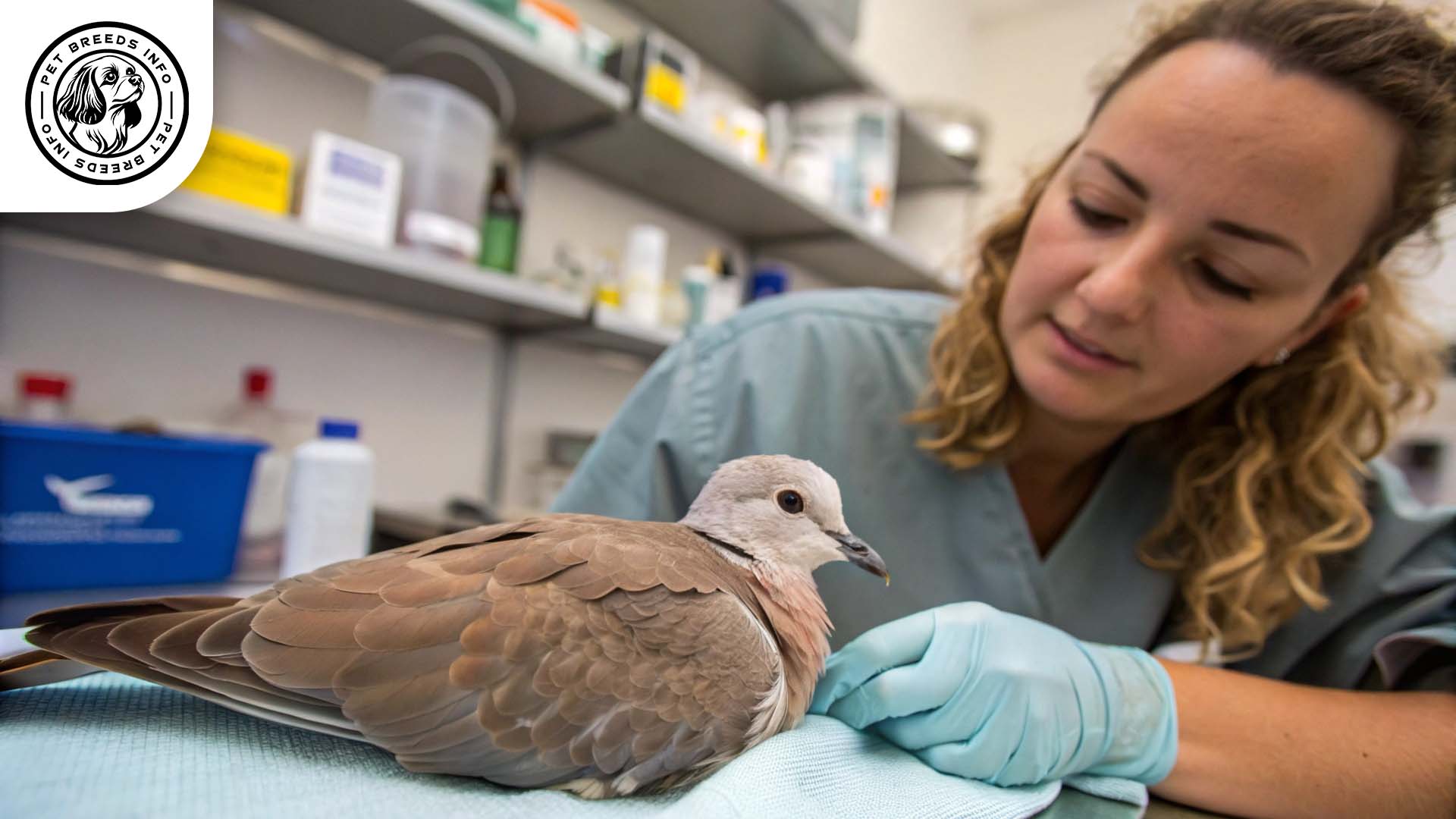
Training and Behavior Management
African Doves are relatively easy to train with patience and consistency. They can recognize their names and respond to gentle handling.
Training should begin early, focusing on familiarizing them with human interaction. Offer treats as a form of positive reinforcement.
Avoid sudden movements, as doves are naturally timid and may become frightened easily.
Encouraging interaction through hand feeding and gentle petting can help build trust over time.
Read More: Lutino Budgerigar Bird
Interaction with Other Animals and Humans
The African Dove is affectionate and enjoys gentle human interaction. It is well-suited for families and individuals alike.
It gets along well with other doves and non-aggressive bird species. However, it is best to supervise interactions with larger pets, especially cats and dogs.
Due to its calm nature, it is an ideal pet for older individuals or those seeking a low-maintenance companion.
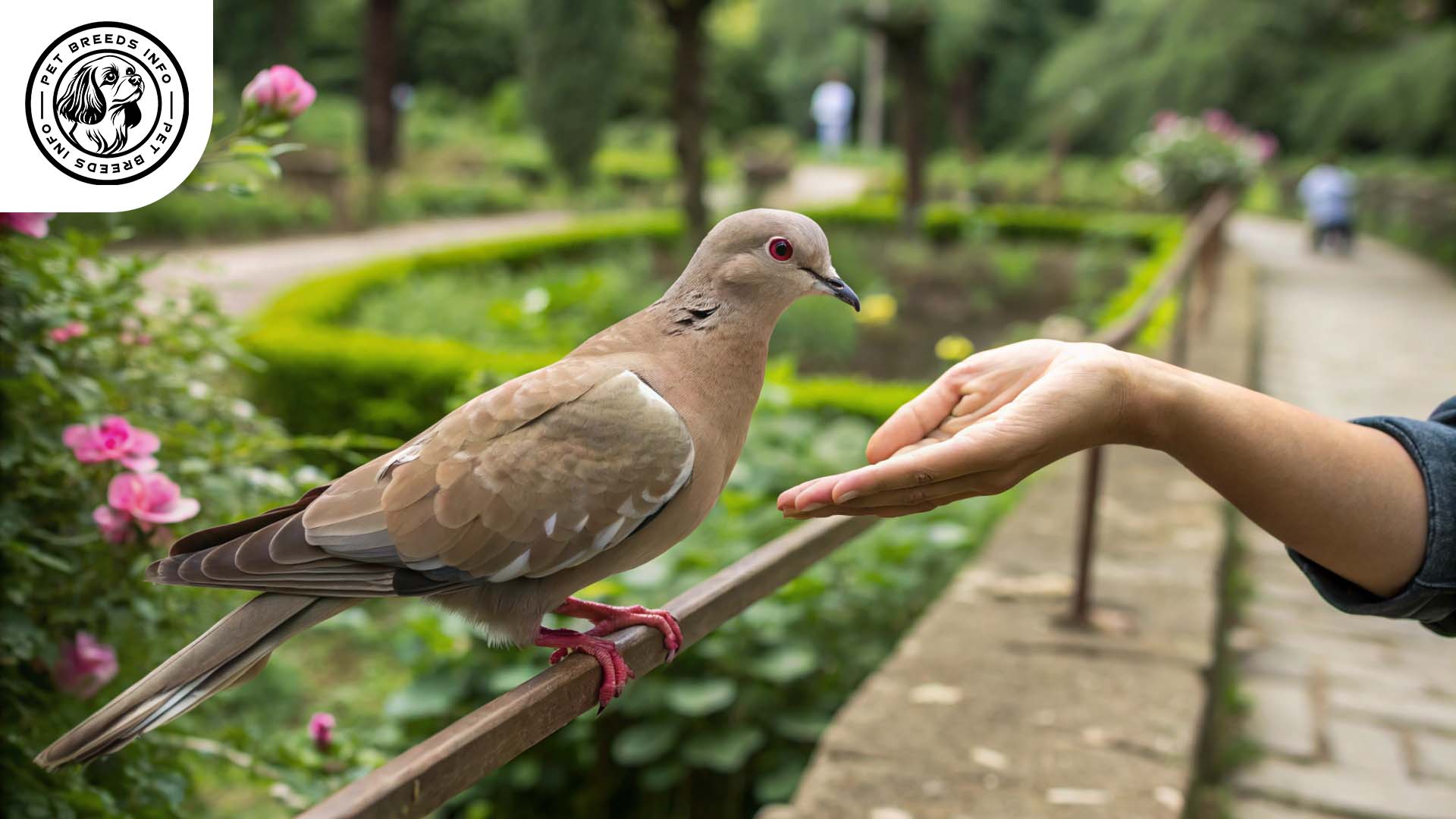
Price and Availability
The price of an African Dove varies based on location and breeder reputation, generally ranging from $20 to $100.
When purchasing or adopting, ensure the bird appears active, has smooth feathers, and is free from any signs of illness.
These birds can be acquired from avian breeders, pet stores, or bird rescues specializing in doves and small birds.
Read More: Long-tailed Finch
Conclusion and Final Thoughts
The African Dove is an excellent pet choice for those seeking a peaceful and low-maintenance bird. Its gentle nature and soothing cooing make it a delight in any home.
With proper care, a balanced diet, and a clean environment, this bird can thrive as a loving companion for many years.
Potential owners should be mindful of their sensitivity to stress and loud noises, ensuring they provide a tranquil and comfortable habitat.
Overall, the African Dove is perfect for bird enthusiasts of all levels, offering companionship and beauty without high maintenance requirements.
FAQ
What do African Doves eat?
They eat seeds, grains, greens, and fruits. Avoid toxic foods like chocolate and onion.
How long do African Doves live?
With good care, they can live 10–15 years in captivity, sometimes longer.
Are African Doves friendly pets?
Yes, they’re gentle and enjoy calm interaction. Great for families and beginners.
Can they live with other pets?
Yes, with supervision. They get along with small birds but fear larger pets.
Are African Doves easy to care for?
Yes! They need a clean, warm space, a balanced diet, and gentle handling.
